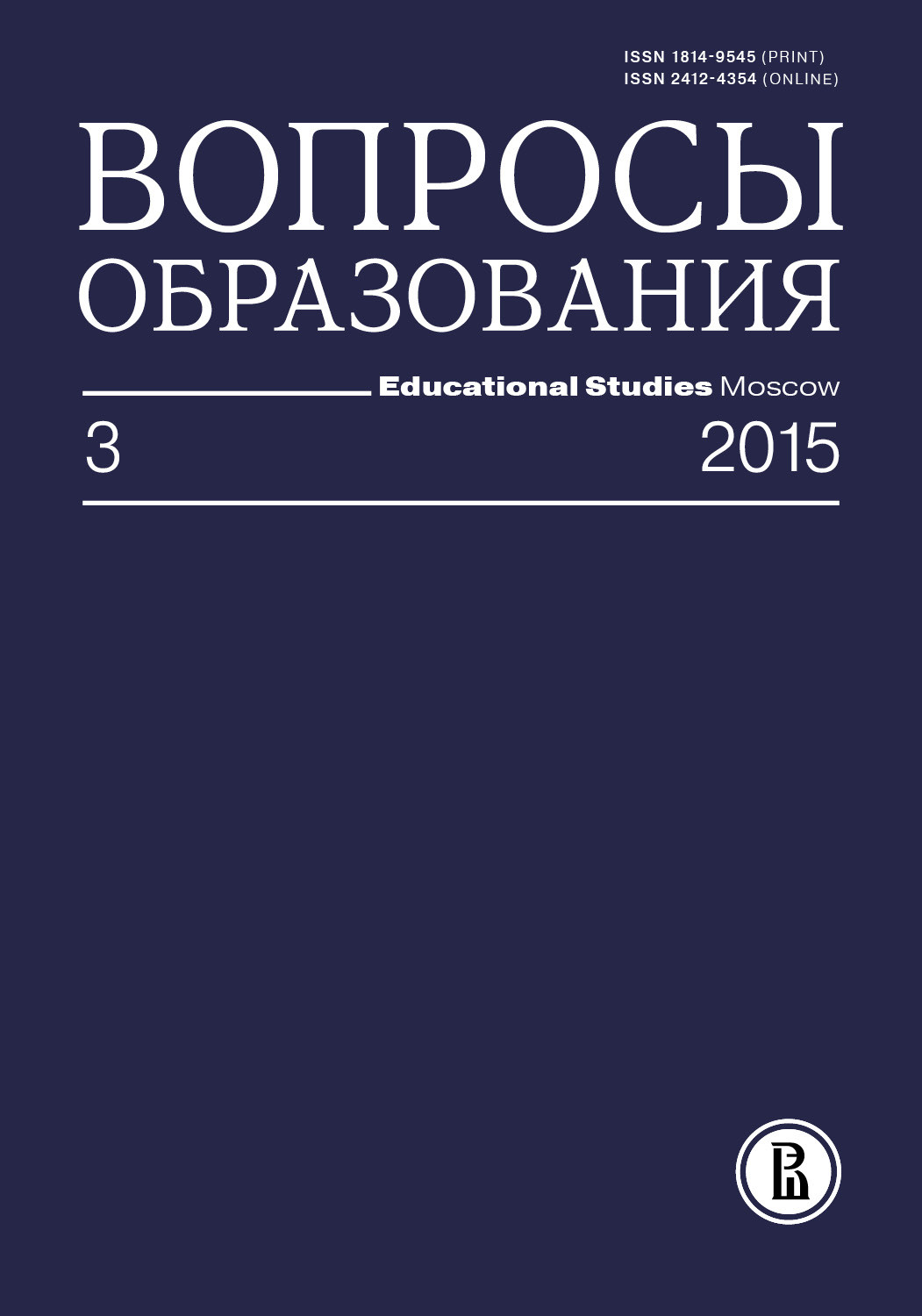University Environment and Student Entrepreneurship: The Role of Business Experience and Entrepreneurial Self-Efficacy
Abstract
The study aims to assess how different types of entrepreneurial capital provided by universities affect student involvement in entrepreneurship. The role of university is analyzed from the embeddedness perspective, where purposeful behavior is largely affected by network relationship and the trust that exists in such relationship. We used data of the Global University Entrepreneurial Spirit Students’ Survey (GUESSS) as empirical basis for research. A hierarchical regression data analysis revealed that university initiatives to develop human and social capital influenced positively the extent to which students were engaged in entrepreneurship, while financial capital provided by universities had negative effects. We also investigated the moderating effects of previous business experience and entrepreneurial self-efficacy. It was found that previous experience was able to weaken the correlation of all the three types of resources provided by university with the range of student startup activities, including the negative effect of access to financial capital. Meanwhile, entrepreneurial self-efficacy intensifies this effect, abating the positive effects of university support for human and social capital development.









